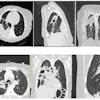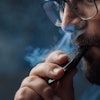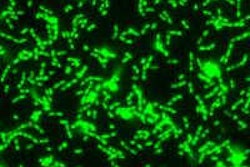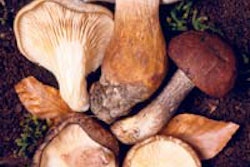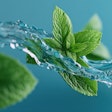European researchers have found that red wine and its inherent components display antimicrobial effects on oral bacteria biofilms, according to a new study in the Journal of Agricultural and Food Chemistry (April 29, 2014, Vol. 62:20, pp. 4731-4737).
Previous research has suggested that polyphenols, grape seed extract, and wine can slow bacterial growth. For the current study, researchers from Spain and Switzerland used a five-species biofilm model of supragingival plaque that included Actinomyces oris, Fusobacterium nucleatum, Streptococcus oralis, Streptococcus mutans, and Veillonella dispar.
The researchers studied the effects of red wine, dealcoholized red wine, and red wine extract solutions spiked with and without grape seed and inactive dry yeasts extracts on the biofilms, with water and 12% ethanol for comparison. They found that the solutions spiked with seed extract were effective against F. nucleatum, S. oralis, and A. oris, and red wine and dealcoholized wine had an antimicrobial effect against F. nucleatum and S. oralis.
The study findings could lead to the development of natural products that ward off dental diseases with fewer side effects, according to a press release by the American Chemical Society.
